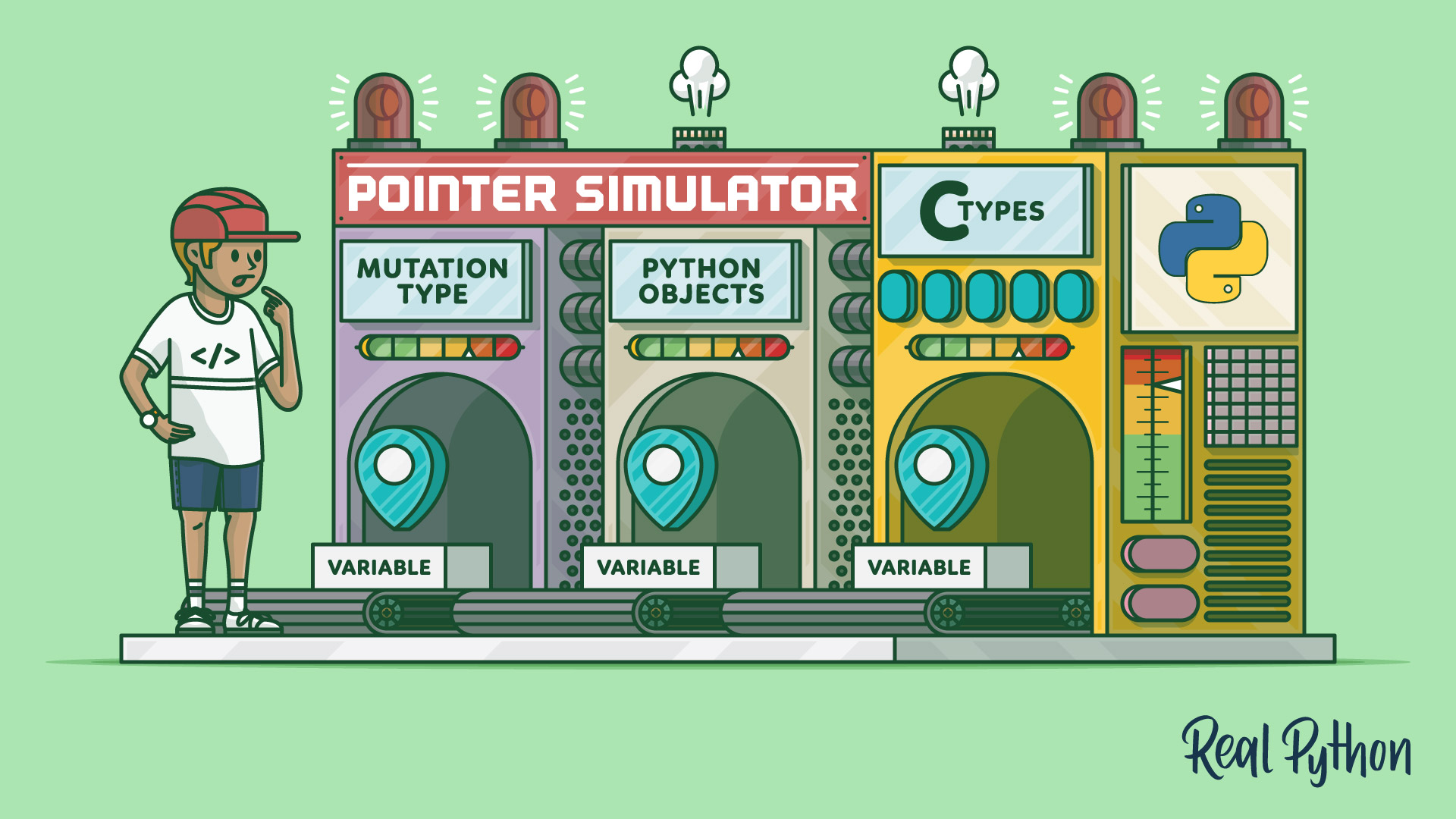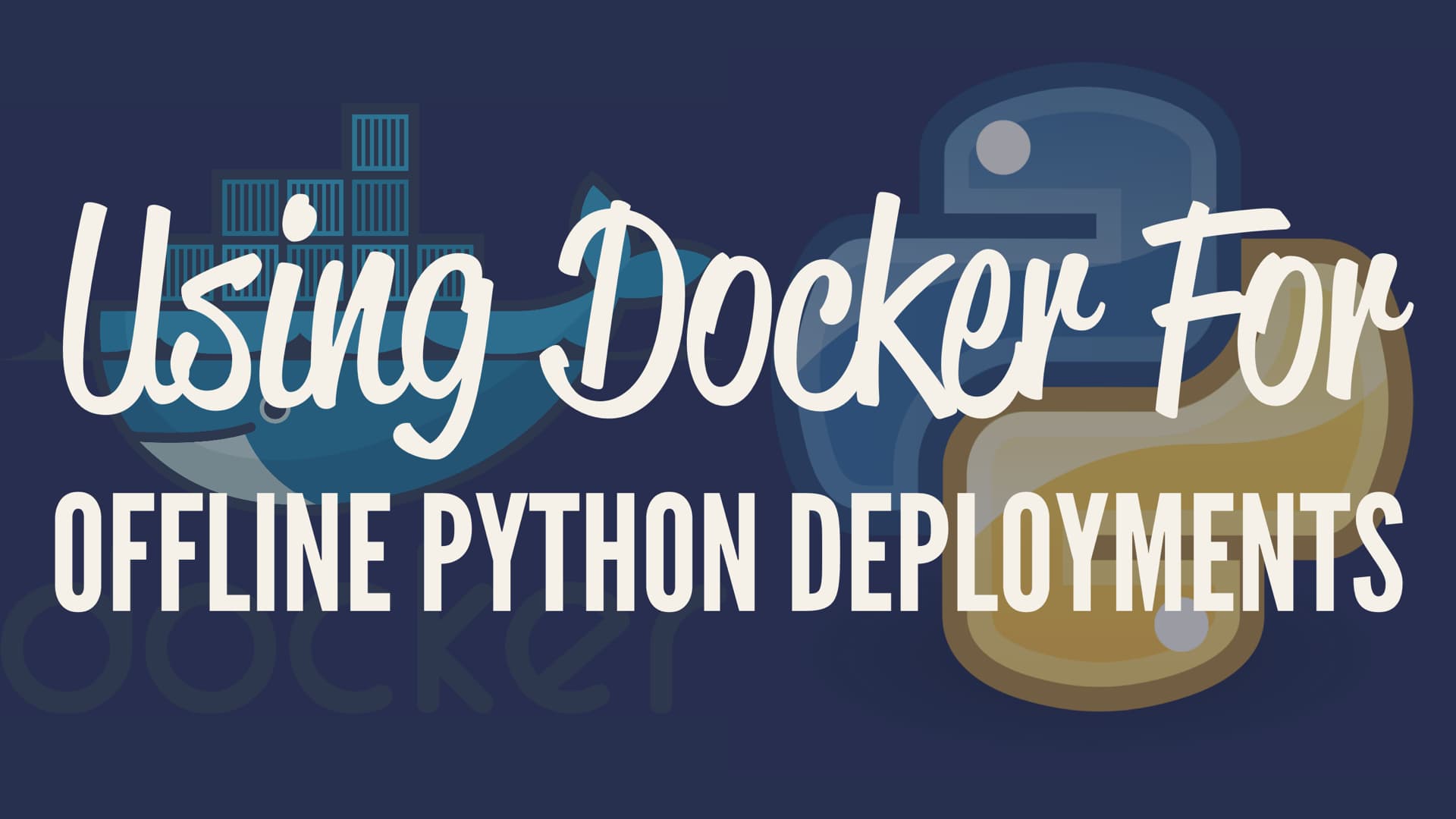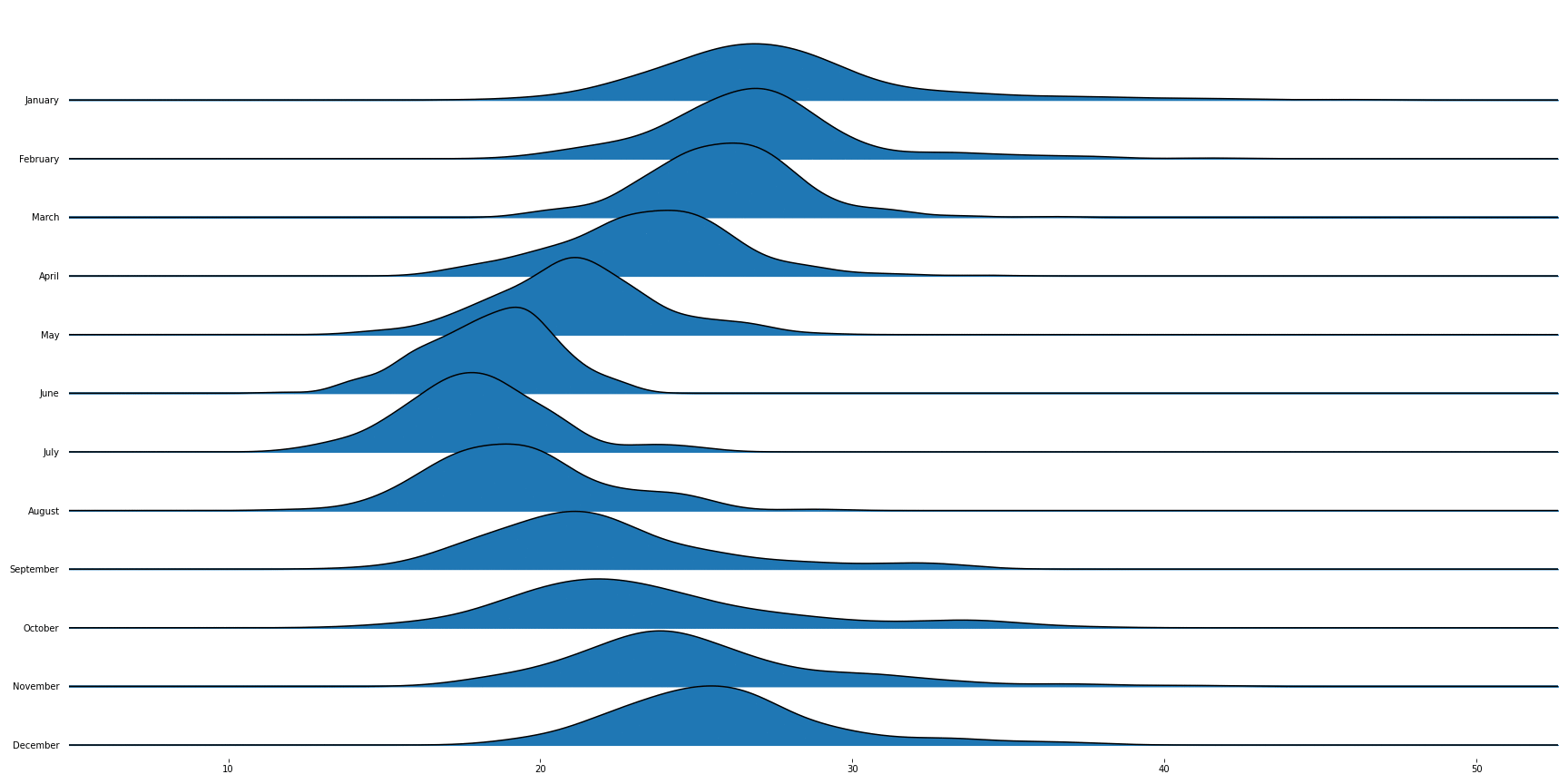 By realpython -
2021-03-09
By realpython -
2021-03-09
In this step-by-step tutorial, you'll get a clearer understanding of Python's object model and learn why pointers don't really exist in Python. You'll also cover ways to simulate pointers in Python wi ...
 By realpython -
2020-12-28
By realpython -
2020-12-28
In this tutorial, you'll learn how you can use PyPy to improve the speed of your applications. You'll see how PyPy compares with other Python implementations like CPython and learn about features that ...
 By Medium -
2020-12-15
By Medium -
2020-12-15
I gradually realized in my data science career that by applying software engineering best practices, you can deliver better quality projects. Better quality might be less bugs, reliable results and…
 By realpython -
2020-12-03
By realpython -
2020-12-03
How to package up a Python project for distribution internally on a machine cut off from the Internet using Docker.
 By realpython -
2021-03-10
By realpython -
2021-03-10
This course demonstrates how Python's virtual environments work as a "sandbox" and you get a quick walkthrough on how to set up a new environment (or virtualenv, as they're called for short) and how t ...
 By InfoWorld -
2021-01-17
By InfoWorld -
2021-01-17
Why build your own user credentialing, form handling, security, and other stock components? These big and powerful Python frameworks cover all the bases.






























